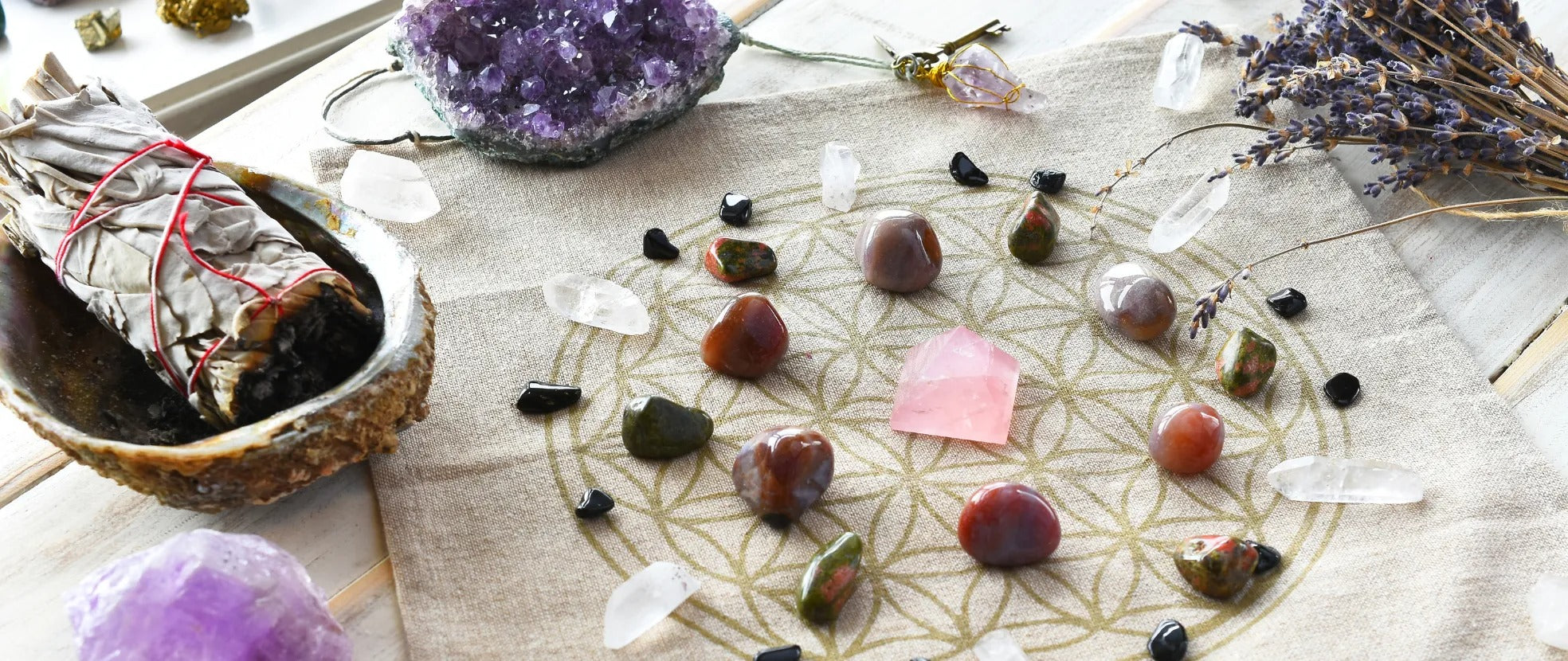Imagine a fiery, explosive volcano spewing molten rock into the sky. The rock that makes up the volcano’s cone and flows is none other than the mesmerizing rhyolite. This light-colored rock, with its fine-grained or glassy texture, is composed mostly of feldspar and quartz, with just a hint of mica and other minerals.
What sets rhyolite apart is its high silica content, making it thicker and stickier than other types of magma, leading to its explosive eruptions and steep-sided volcano formation. Each rhyolite rock is special, with mineral compositions that can vary greatly and even contain large crystals of feldspar, quartz, and more.
The Physical Properties of Rhyolite
The chameleon of the rock world, rhyolite can come in a rainbow of pale colors (pink, gray, green, cream, and brown) and can have any texture you can imagine. One moment it’s smooth as glass, the next it’s a fine-grained rock, and in some cases, it’s even got big, bold crystals. Talk about versatile!
The hardness and toughness of the rock can change based on its composition and how quickly it cooled down. It’s kind of like a chef adjusting the seasoning of a dish, it can make all the difference. If the cooling process is slow, it’s going to be mostly large, single crystals called phenocrysts. But if the cooling is faster, it’s going to be a microcrystalline or glass matrix.
On average, the rock’s hardness is around 6 on the Mohs scale, which is pretty solid.
The History of Rhyolite
The term rhyolite, derived from the Greek words “rhuax” meaning stream or flow and “lithos” meaning stone, was first used in geology in 1860 by German traveler and geologist Ferdinand von Richthofen.
Rhyolite is formed by volcanic eruptions so intense that the silica-rich magma is so thick, it doesn’t flow like a river of lava. Instead, it’s more likely to violently spew out of the volcano.
While its cousin granite is formed when magma cools and crystallizes underground, rhyolite is created when lava or magma is ejected and crystallizes. In some cases, magma that’s partially solidified into granite can be ejected from a volcano, turning into rhyolite.
Around 11,500 years ago, our North American ancestors were quite the rock hunters. They discovered the beauty of rhyolite in what is now eastern Pennsylvania, and put it to good use by chiseling it into arrowheads and spear points.
But while rhyolite may be able to be sharpened to a point, it’s not exactly the most reliable material for weapons. Its composition is variable and it’s prone to fracturing.
Fast forward to the present day, and you’ll find that this rock has found a new purpose in construction. It can be crushed into small pieces and used as aggregate and fill. It’s also a treasure trove of gems! When lava cools at lightning speed, gases get trapped and form little pockets called vugs.
Over time, water and gases seep in. This results in the formation of gem-quality minerals like opal, jasper, agate, topaz and the extremely rare red beryl, also known as a “red emerald”.

The Metaphysical Properties of Rhyolite
This volcanic rock can help you tap into your innermost self and gain a deeper understanding of the complex universe around you. It holds within it energies of strength, endurance, drive, and change, much like the magma that formed it.
Holding this stone can help you balance your polarities and realign your chakra energies, bringing about a gentle shift in your emotional and mental state. As you build a deeper connection with the energies flowing through you, you may find comfort in releasing the blockages that may be holding you back, whether they stem from past traumas or fear for the future.
It’s a reminder that we can’t change the past or control the future, but we can live in the present and find peace in the now.
Source
Gemstone Information - Rhyolite Meaning and Properties. Fire Mountain Gems and Beads. (n.d.). https://www.firemountaingems.com/resources/encyclobeadia/gem-notes/h81r
King, H. M. (n.d.). Rhyolite: An extrusive igneous rock. Photos and definition. https://geology.com/rocks/rhyolite.shtml
Phenocryst crystal. (n.d.). Encyclopedia Britannica. https://www.britannica.com/science/phenocryst
Rhyolite Meanings and Crystal Properties. (n.d.). The Crystal Council. https://thecrystalcouncil.com/crystals/rhyolite
Rhyolite, the Rock That Resembles Granite. (2019, March 19). ThoughtCo. https://www.thoughtco.com/rhyolite-rock-facts-geology-uses-4589452
Spirit Of ISIS Crystals. (2018, May 23). Rhyolite - Crystal Healing Properties. Spirit of ISIS Crystals. https://www.spiritofisis.org/knowledge/crystal_files/rhyolite.htm





